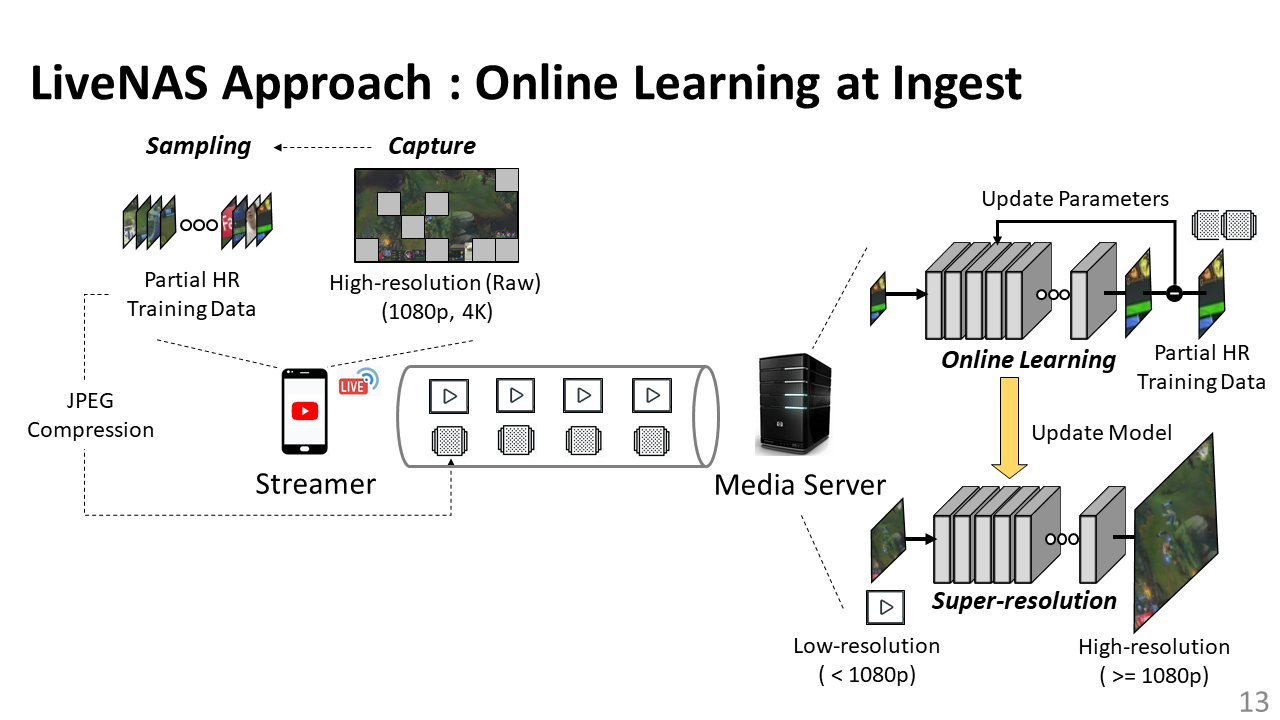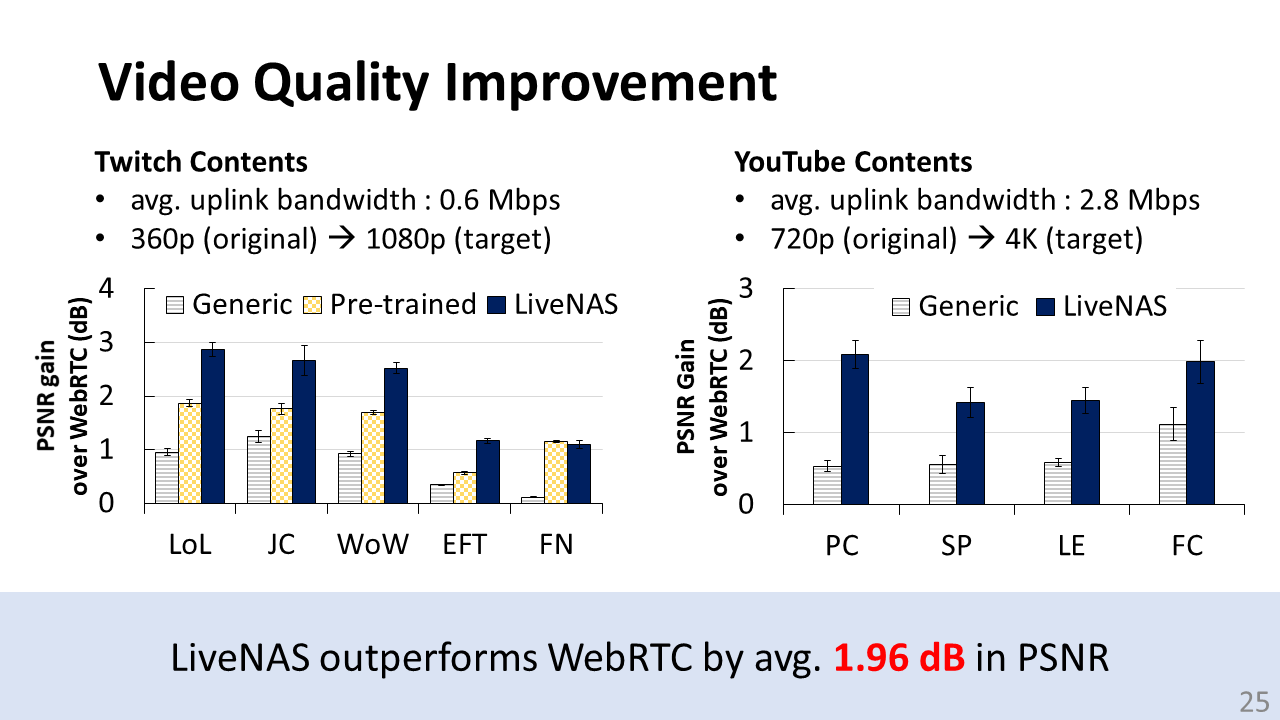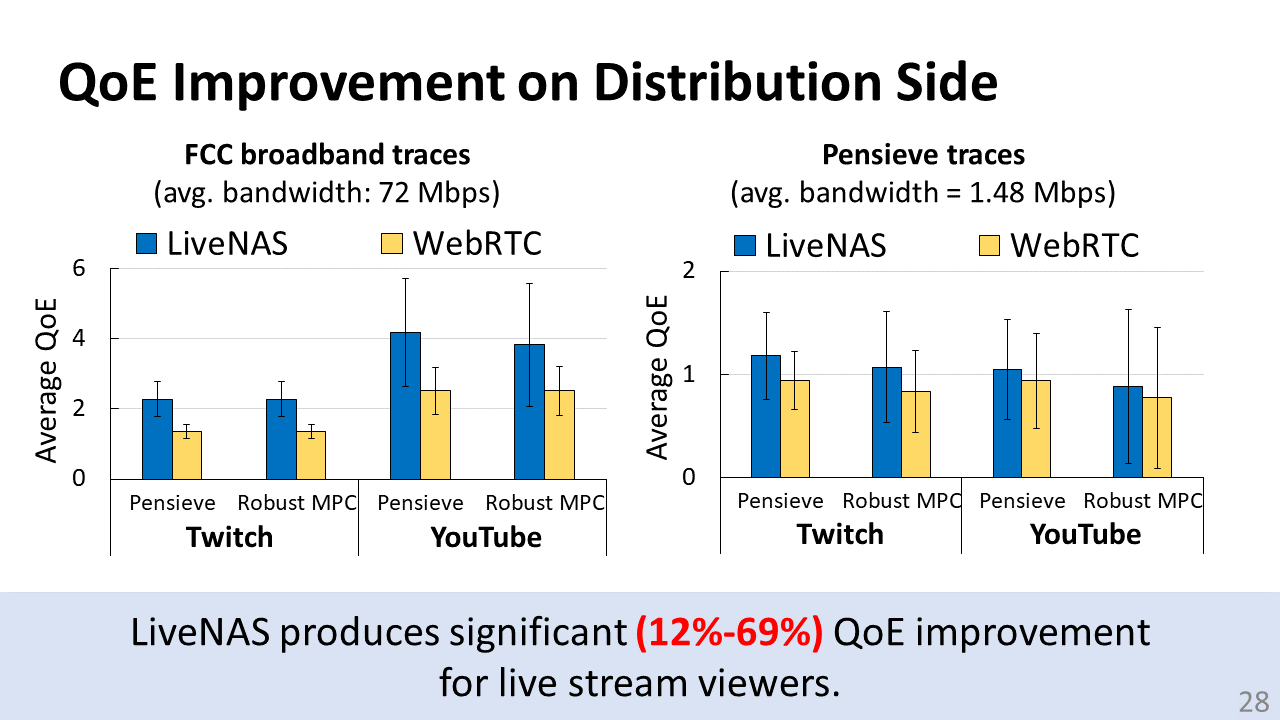캡처_1.JPG)
Rotary unmanned aerial vehicles (UAVs), also known as drones, have various advantages, yet their actual applications are limited owing to their flight range. However, increasing the flight range by enhancing the hardware is a challenging task. In this study, we introduce the first step of systematic drone low-power optimization based on the framework of electronic design automation (EDA). We attempt drone power management without in-depth knowledge of aerodynamics and control theory. Instead, we introduce a novel power model of drones using physical parameters that can affect power consumption, such as the three-axis velocity and acceleration, drone height, wind velocity, and the weight and volume of payloads. We detail the experimental setup, power modeling, accuracy verification, and optimization for minimum energy paths. We achieved over 90% accuracy in power modeling without depending on aerodynamics. The proposed approach shows the feasibility of energy-aware rotary UAV flight trajectory optimization considering the external forces affecting drones such as wind. The proposed method presents up to 24.01% energy saving through path changes considering external forces.
캡처_2.JPG)
캡처_0.JPG)
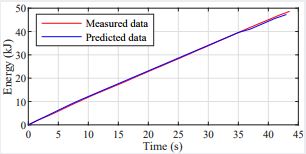
Reference : D. Hong, S. Lee, Y. H. Cho, D. Baek, J. Kim and N. Chang, “Least-Energy Path Planning With Building Accurate Power Consumption Model of Rotary Unmanned Aerial Vehicle,” in IEEE Transactions on Vehicular Technology, vol. 69, no. 12, pp. 14803-14817, Dec. 2020, doi: 10.1109/TVT.2020.3040537.
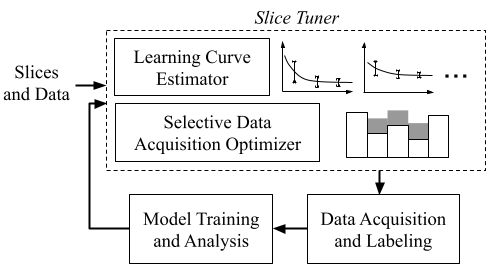
Ki Hyun Tae, a Ph.D. student of Prof. Steven Euijong Whang in the EE department, proposed a selective data acquisition framework for accurate and fair machine learning models.
As machine learning becomes widespread in our everyday lives, making AI more responsible is becoming critical. Beyond high accuracy of AI, the key objectives of responsible AI include fairness, robustness, explainability, and more. In particular, companies including Google, Microsoft, and IBM are emphasizing responsible AI.
Among the objectives, this work focuses on model fairness. Based on the key insight that the root cause of unfairness is in biased training data, Ki Hyun proposed Slice Tuner, a selective data acquisition framework that optimizes both model accuracy and fairness. Slice Tuner efficiently and reliably manages learning curves, which are used to estimate model accuracy given more data, and utilizes them to provide the best data acquisition strategy for training an accurate and fair model.
The research team believes that Slice Tuner is an important first step towards realizing responsible AI starting from data collection. This work was presented at ACM SIGMOD (International Conference on Management of Data) 2021, a top Database conference.
For more details, please refer to the links below.
[논문 정보]
논문명: Slice Tuner: A Selective Data Acquisition Framework for Accurate and Fair Machine Learning Models
저자: 태기현, 황의종(지도교수)
논문 링크: https://arxiv.org/abs/2003.04549
논문 슬라이드: https://docs.google.com/presentation/d/1thnn2rEvTtcCbJc8s3TnHQ2IEDBsZOe66-o-u4Wb3y8/edit?usp=sharing
학회 발표 영상: https://youtu.be/QYEhURcd4u4?list=PL3xUNnH4TdbsfndCMn02BqAAgGB0z7cwq
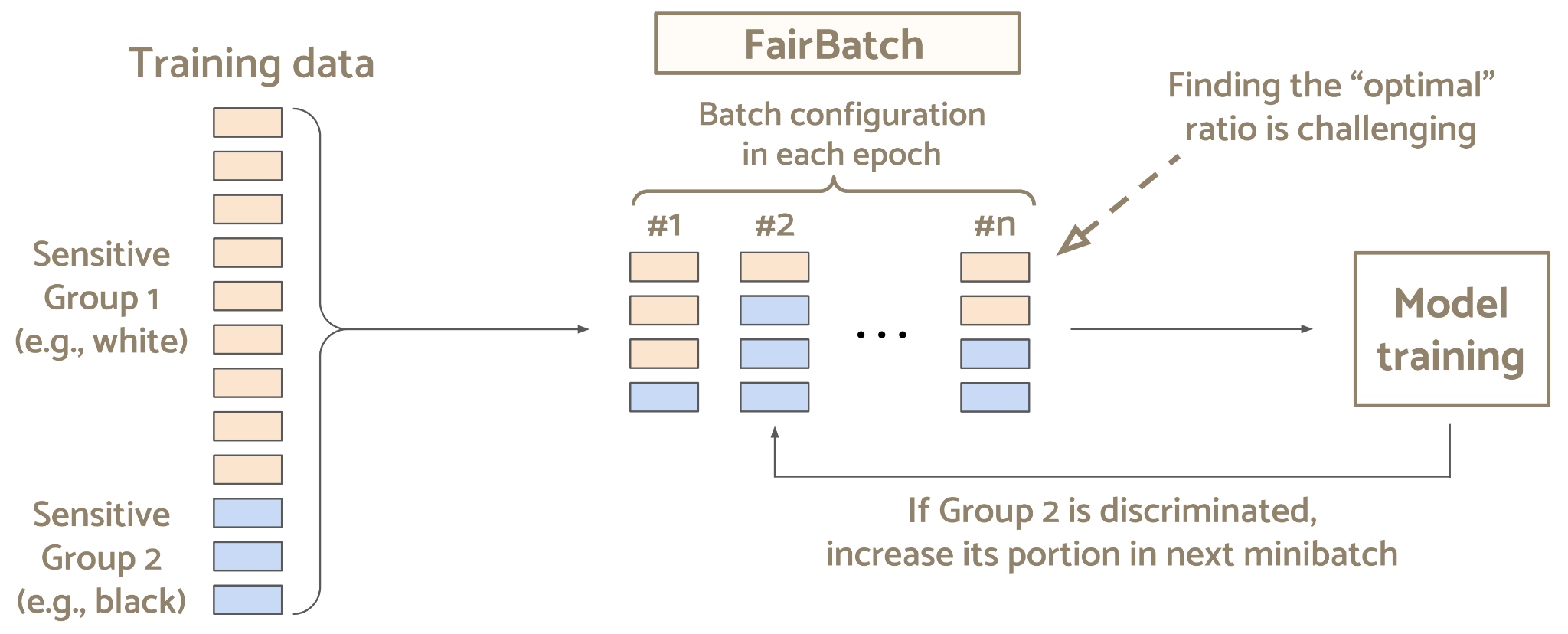
Professor. Steven Euijong Whang and Changho Suh’s research team in the School of Electrical Engineering has developed a new batch selection technique for fair artificial intelligence (AI) systems. The research was led by Ph.D. student Yuji Roh (advisor: Steven Euijong Whang) and was conducted in collaboration with Professor Kangwook Lee from the Department of Electrical and Computer Engineering at the University of Wisconsin-Madison.
AI technologies are now widespread and influence everyday lives of humans. Unfortunately, researchers have recently observed that machine learning models may discriminate against specific demographics or individuals. As a result, there is a growing social consensus that AI systems need to be fair.
The research team proposes FairBatch, a new batch selection technique for building fair machine learning models. Existing fair training algorithms require significant non-trivial modifications either in the training data or model architecture. In contrast, FairBatch effectively achieves high accuracy and fairness with only a single-line change of code in the batch selection, which enables FairBatch to be easily deployed in various applications. FairBatch’s key approach is solving a bi-level optimization for jointly achieving accuracy and fairness.
This research was presented at the International Conference for Learning Representations (ICLR) 2021, a top machine learning conference. More details are in the links below.
Figure 1. A scenario that shows how FairBatch adaptively adjusts batch ratios in model training for fairness.
Figure 2. PyTorch code for model training where FairBatch is used for batch selection. Only a single-line code change is required to replace an existing sampler with FairBatch, marked in blue.
[Paper information and links]
Title: FairBatch: Batch Selection for Model Fairness
Authors: Yuji Roh (KAIST EE), Kangwook Lee (Wisconsin-Madison Electrical & Computer Engineering), Steven Euijong Whang (KAIST EE), and Changho Suh (KAIST EE)
Paper: https://openreview.net/forum?id=YNnpaAKeCfx
Source code: https://github.com/yuji-roh/fairbatch
Slides: https://docs.google.com/presentation/d/1IfaYovisZUYxyofhdrgTYzHGXIwixK9EyoAsoE1YX-w/edit?usp=sharing
Professors Song-Min Kim & Seong-Ook Park’s research group has been selected for a research project for the 2021 Samsung Future Technology Promotion Project.
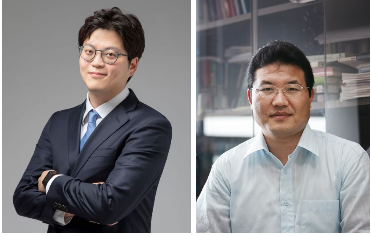
|
Research Field
|
Project Title
|
Research Director
|
|
ICT convergence creative task
|
Powerless millimeter-wave tag system for ultra-precision multi-angle object recognition
|
Professor Song-Min Kim
|
The research project proposed by professors Song-Min Kim & Seong-Ook Park’s research group has been selected for the 2021 Samsung Future Technology Promotion Project.
This project proposes an ultra-precise monitoring system using a batteryless mmWave Backscatter Tag. By attaching a small tag of several centimeters, it provides ultra-precise location recognition and various sensing functions, and it operates without power to provide precise and eco-friendly services such as monitoring patients in a coma in hospitals.
Congratulations again to the professors Song-Min Kim & Seong-Ook Park!
Research team of EE Prof. Myoungsoo Jung, Shinhyun Choi, Wanyeong Jung was selected as Samsung’s Future Technology development of 2021
Professors of School of Electrical Engineering Prof. Myoungsoo Jung, Shinhyun Choi, Wanyeong Jung ‘s research project was selected as Samsung’s Future Technology Development of 2021. The project covers a wide range of fields including computer architecture, AI frameworks, operating systems, circuits and devices. It is the first ICT convergence creative project with multidisciplinary project that covers device-circuit-systems in the Future Technology Development .
The details of the selected project is as follows:
|
Field
|
Project name
|
Project Manager
|
|
ICT Convergence creative project
|
Heterogeneous new memory-based hardware and system software framework for accelerating graph neural network based machine learning.
|
Myoungsoo Jung
|
The research team focuses on speeding up the popular GNN based machine learning model that uses relationship information in graph data. The project tries to solve the fundamental problems of GNNs by providing solutions from the device, circuit, architecture and operating system level.
The selection of the project is significant in that it suggests a multidisciplinary cooperation between device, circuit and computer science experts and builds a practical solution to the problem.
Samsung Elecgronics has been selecting Future Technology proejcts each year since 2014. Samsung Electronics selects vital technological projects that is necessary for the future of the country from fields of natural science, information communication technology.
Congratuations and a great thanks to the professors.
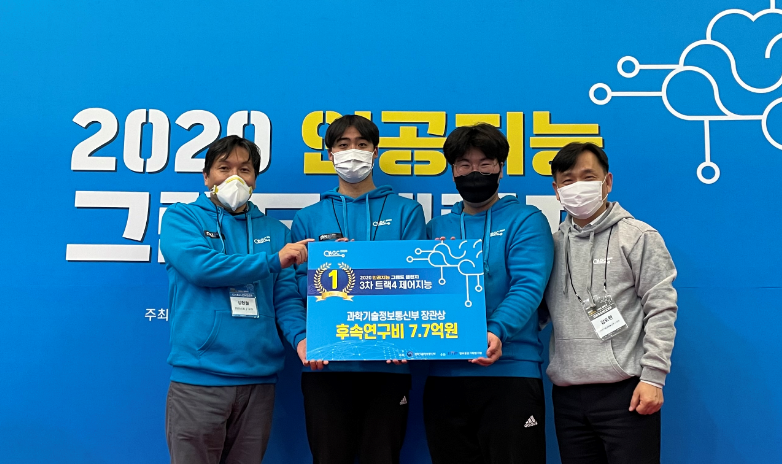
Our department’s professor Hyunchul Shim’s lab has won the MSIT AI Grand Challenge Competition Control Intelligence Part for the 2nd year in a row.
This year’s competition was based on how AI can solve various problems that will emerge from the AI based future. The challenge was to set an idea about how to use AI for responding to people’s life in various areas and social issues.
Composed of 4 major areas, professor Shim’s team applied to track 4, where a total of 5 teams applied. Professor Shim’s team used the idea of how to safely use drones to deliver supplies and goods to people.
Winning for the 2nd year in a row, Professor Shim’s team used only 100% self developed technologies (accurate positioning, high speed flight control) for the competition. Winning the competition again this year, the group will be funded a total of 2.4 billion KW which is similar to the DARPA challenge award prize. Along with the development of AI, professor Shim said that his team will further develop inside drone flight, unmanned civilian aircraft, autonomous vehicles, delivery robots and other vehicle related AI technologies.
Once again we congratulate professor Shim’s team for the reward.
_신승원 교수 연구실_2.jpg)
Our department’s Ph.D Candidate Seung Ho Na from professor Seungwon Shin’s lab has achieved the grand award form the 4th Financial Security paper competition.
The 4th Financial Security paper competition and financial big-data idea competition awards ceremony was held last September 2nd at the Yeouido financial security education center.
A total of 38 papers were accepted and 7 of them were selected for their excellence.
The grand award (Head of Financial Council Award) was given to Ph.D Candidate Seung Ho Na’s team with the paper titled as “Research on United Learning Techniques for Guaranteeing Privacy” which proposes an AI based security scheme.
Ph.D candidate Hyeonggwon Hong’s team from the AI Graduate school professor Junmo Kim’s lab also participated in the paper competition, and due to COVID-19 Ph.D Candidate Seung Ho Na attended the awarding ceremony as the student representative.
A total of 7 million KW was rewarded to Ph.D Candidate Seung Ho Na’s team.
We once again congratulate Ph.D Candidate Seung Ho Na for the achievement on founding a new perspective on financial security.
우리 학부 한동수 교수님 연구실 김재홍 박사과정생이 주도하여 온라인 학습 기반 고품질 라이브 비디오 스트리밍 시스템을 개발했습니다.
본 연구팀은 미디어 서버의 컴퓨팅 자원을 활용하여 딥러닝 기반 초해상화 기술을 통해 스트리머로부터 실시간 수집되는 라이브 비디오의 품질을 향상시켰습니다. 또한 종래의 기 학습된 신경망 모델을 새로운 라이브 비디오에 적용 시 발생하는 성능한계를 온라인 학습을 통해 개선하였습니다. 본 시스템에서는 스트리머가 고화질 라이브 비디오 프레임의 일부인 패치(patch)를 라이브 비디오와 전송 대역폭을 나누어 미디어 서버로 각각 전송하고, 서버는 수집한 패치를 이용하여 신경망 모델의 성능을 실시간 수집되는 라이브 비디오에 최적화합니다.
연구팀은 해당 기술을 이용하면 라이브 스트리밍 서비스 제공에 있어 스트리머의 전송 환경 및 단말의 성능적 제약에 대한 의존성을 낮추고, 다양한 해상도의 라이브 비디오를 분배 측의 시청자에게 제공할 수 있다고 밝혔습니다. 본 기술은 라이브 비디오 스트리밍 시스템의 사용자 QoE를 기존 대비 12-69% 향상시켰습니다.
한편, 이번 연구 성과는 Computer Networking 분야 최고학회인 ACM SIGCOMM 에 accept 되어 발표되었습니다.
자세한 연구 내용은 아래의 링크에서 확인하실 수 있습니다.
컴퓨터 디비젼 한동수 교수님의 성과에 박수를 보내드립니다.
[논문정보]
프로젝트 홈페이지: http://ina.kaist.ac.kr/~livenas/
논문 Title: Neural-Enhanced Live Streaming: Improving Live Video Ingest via Online Learning
저자: 김재홍(공동제1저자), 정영목(공동제1저자), 여현호, 예준철, 한동수(지도교수)
논문 링크: https://dl.acm.org/doi/abs/10.1145/3387514.3405856
학회 발표 영상: https://youtu.be/1giVlO6Rumg

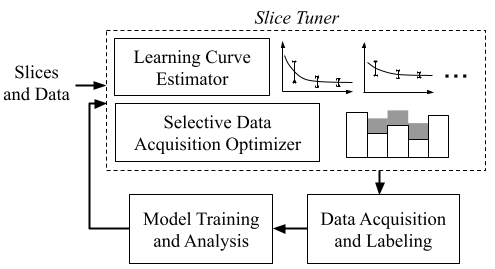

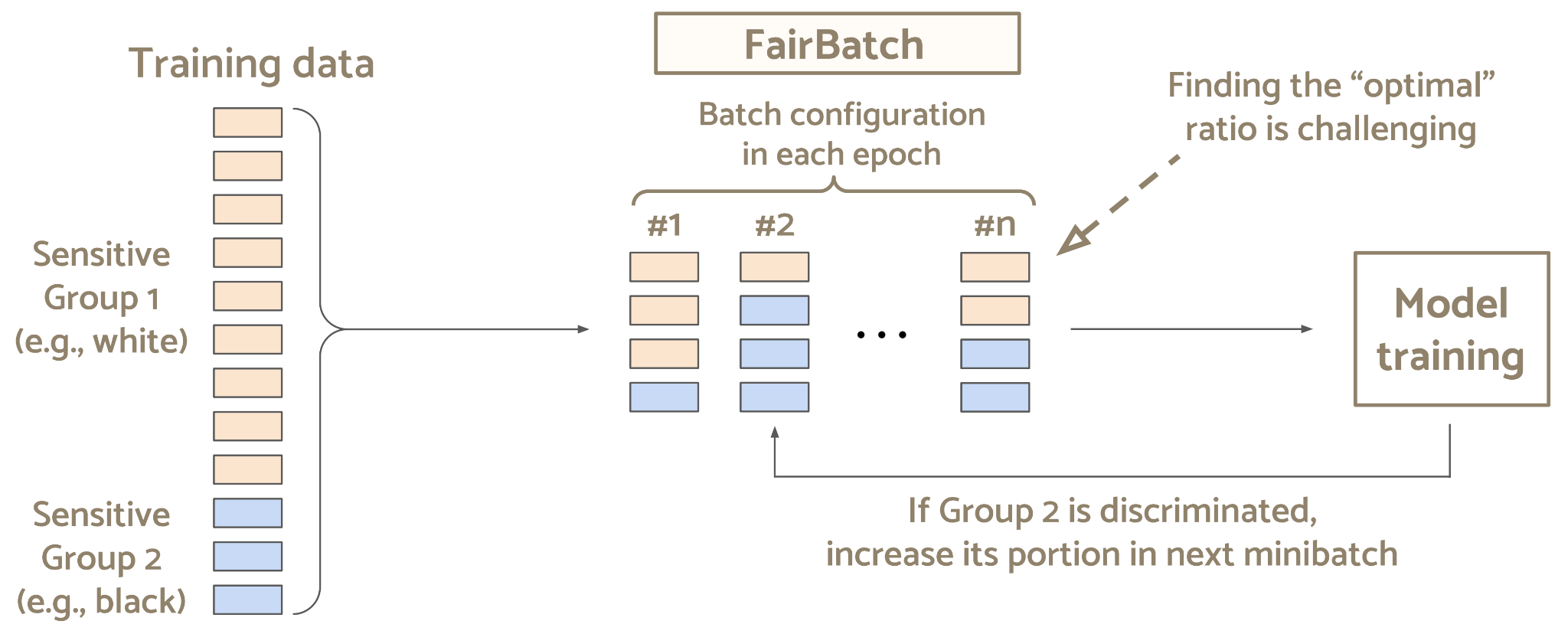
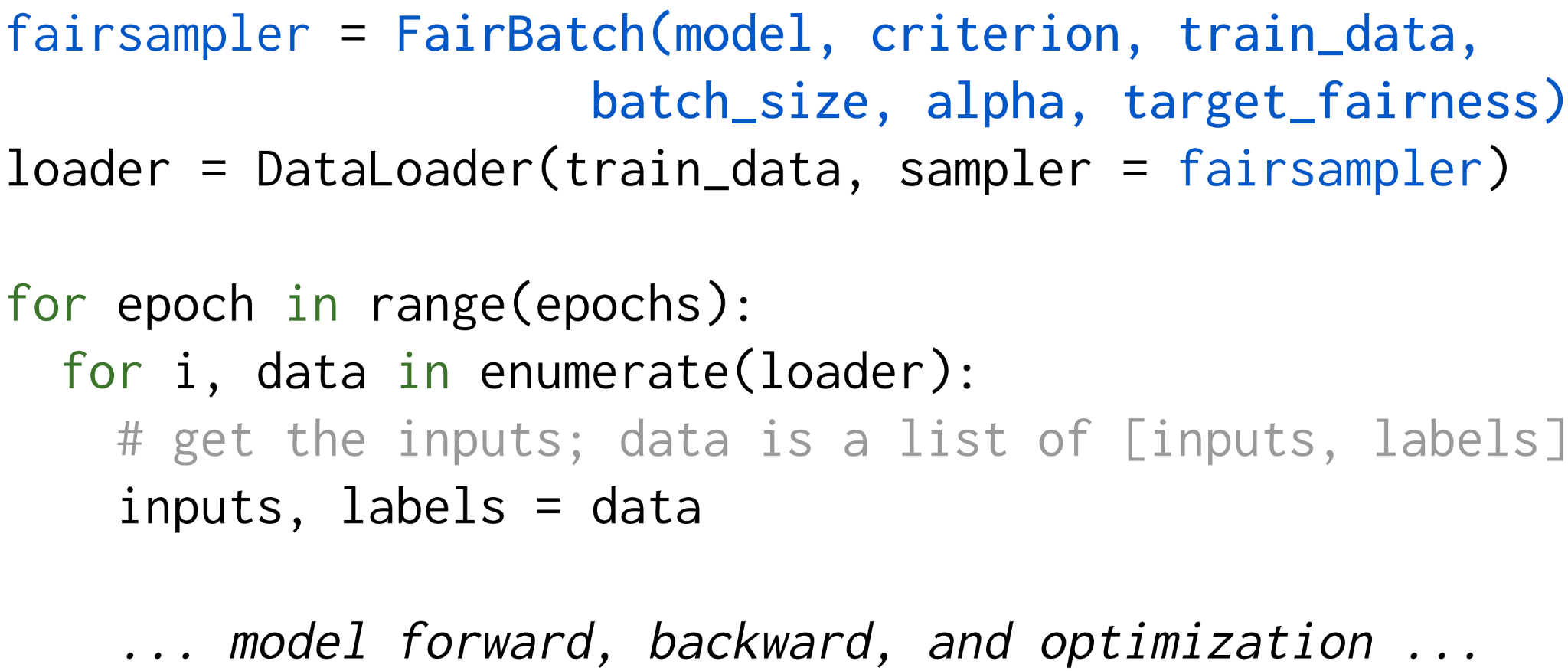


_신승원 교수 연구실_2.jpg)
